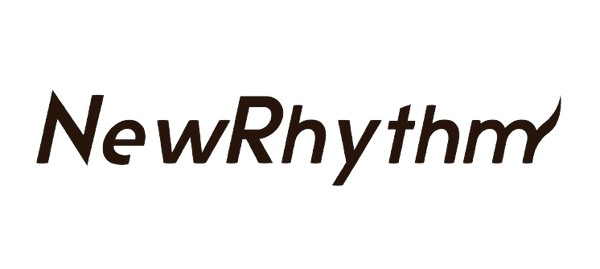The journey of pregnancy is a transformative and awe-inspiring experience, filled with anticipation and dreams of the future. As an expectant mother, your top priority is the health and well-being of both yourself and your growing baby. During this crucial time, the significance of proper nutrition and supplements cannot be underestimated. They serve as the building blocks for a healthy pregnancy, supporting the optimal development of your baby and ensuring your own vitality. In this blog, we will delve into the vital importance of nutrition and supplements for prenatal health, empowering you with essential knowledge to nurture your pregnancy journey with confidence.
Essential Nutrients for Pregnancy
During pregnancy, the body has increased nutrient requirements to support the growth of the baby and maintain the mother's health. Here are some essential nutrients that should be included in a prenatal diet:
- Folic Acid: This B-vitamin helps prevent neural tube defects in the developing baby's brain and spine. It is crucial to consume adequate amounts of folic acid even before conception and throughout the first trimester.
- Iron: Iron is necessary for the production of red blood cells and to prevent anemia in both the mother and the baby. Iron-rich foods, such as lean meats, legumes, and fortified cereals, should be included in the diet.
- Calcium: Calcium is essential for the development of strong bones and teeth in the baby. Dairy products, fortified plant-based milk, and leafy greens are good sources of calcium.
- Omega-3 Fatty Acids: These healthy fats contribute to the development of the baby's brain and eyes. They can be obtained from fatty fish, walnuts, flaxseeds, and chia seeds.
- Vitamin D: Adequate vitamin D intake supports proper calcium absorption and bone development. Sun exposure, fortified dairy products, and supplements can help meet vitamin D needs.
Importance of a Balanced Diet
A balanced and varied diet is crucial during pregnancy to ensure an adequate intake of all essential nutrients. Focus on consuming whole foods, including fruits, vegetables, whole grains, lean proteins, and healthy fats. Avoid excessive intake of processed foods, sugary snacks, and beverages high in added sugars. Opt for nutrient-dense choices that provide the necessary vitamins, minerals, and fiber for a healthy pregnancy.
Role of Prenatal Supplements
While a well-balanced diet is the foundation of prenatal nutrition, supplements may be recommended to fulfill specific nutrient requirements. Prenatal supplements are formulated to provide essential nutrients, including folic acid, iron, calcium, and omega-3 fatty acids. It's important to consult with a healthcare provider before starting any supplements to ensure they are appropriate for your individual needs.
Hydration and Healthy Weight Gain
Staying hydrated is crucial during pregnancy, as water supports the body's functions, aids digestion, and helps prevent common pregnancy discomforts like constipation. Aim to drink plenty of fluids throughout the day, with water being the primary source.
Additionally, maintaining a healthy weight gain is vital for both the mother and the baby. Gaining weight within the recommended range helps support proper fetal growth, reduces the risk of complications, and promotes a healthy postpartum recovery.
Consulting with Healthcare Professionals
Every pregnancy is unique, and nutritional needs may vary from person to person. It is crucial to work closely with healthcare professionals, including obstetricians, gynecologists, and registered dietitians, who can provide personalized advice based on your specific circumstances. They can assess your dietary needs, monitor your health, and recommend appropriate supplements if necessary.
In Conclusion
Proper nutrition and supplementation are essential for the well-being of both the mother and the developing baby during pregnancy. Following a balanced diet that incorporates essential nutrients like folic acid, iron, calcium, omega-3 fatty acids, and vitamin D is crucial. Prenatal supplements can help ensure adequate nutrient intake, but they should be used under the guidance of healthcare professionals. By prioritizing nutrition, hydration, and healthy weight gain, expectant mothers can support their own health and give their babies the best start in life. Remember to consult with healthcare professionals for personalized guidance throughout your pregnancy journey.



